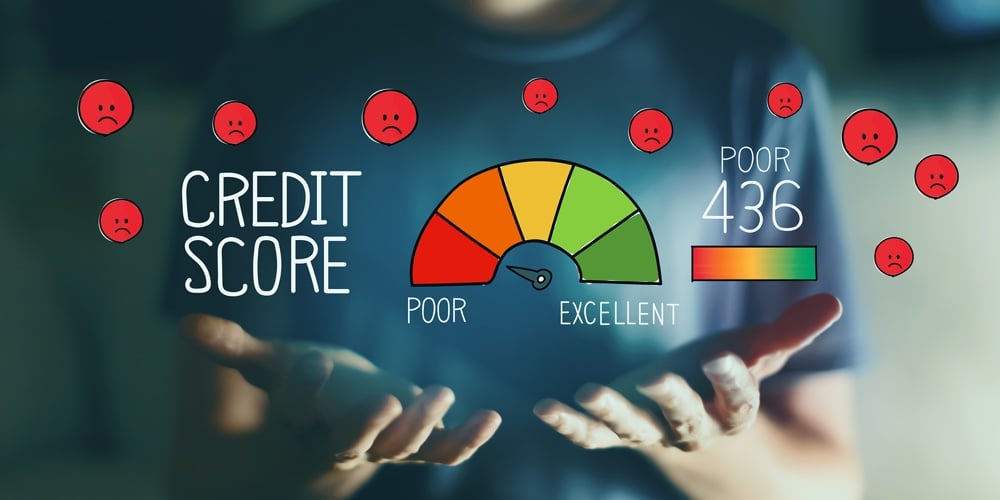What really is a credit score?

A credit score in the United States is a number representing the creditworthiness of a person and the likelihood that person will pay his or her debts. Lenders, such as Credit Unions and credit card companies, rely on credit scores to evaluate the potential risk associated with lending money to consumers.
Statistics show that the current credit models are not inclusive. The current scoring models favor privileged individuals with capital in a different way than the working-class. Millions of Americans do not have a score at all because of limited credit history.
“If you think about the credit-invisible population in this country, their ability to enter the financial mainstream and access affordable credit instead of payday lenders, pawnshops and check-cashing services is tied to what’s in their credit report,” says Michael Turner, the president of the Policy and Economic Research Council. “They’re caught in the credit catch-22: In order to qualify for credit you have to have already had credit.”
Companies such as Upstart, are attacking this problem by considering “outside-of-the-box” data points such as: education, area of study and job history to determine lend-worthiness. By harnessing big data, machine learning and other technological advances FinTechs are getting a more accurate estimation of a consumer’s creditworthiness outside of traditional data points.
Lending to credit-invisible individuals represent both opportunity and risk for Credit Unions. While they offer the opportunity to gain customers, they also pose a significant risk if credit is extended without sufficient analysis of their ability to repay debt. Individuals who lack credit scores are at risk, too, because access to credit is increasingly important in the modern economy.
“The current credit system is not an accurate representation of how borrow-worthy each individual is.” – David Potter, CEO of Curu
Curu, a credit building application, is supporting this mission of eliminating credit rejection by providing tools that empower consumers to be included in the current FICO model. Unique to Curu, is their platform’s user offering that matches consumers with forwarding thinking lending products. Their application identifies products that their users are pre-approved for based on the data collected through their mobile application. Their mission is to make these”credit-invisible” individuals “visible.”





